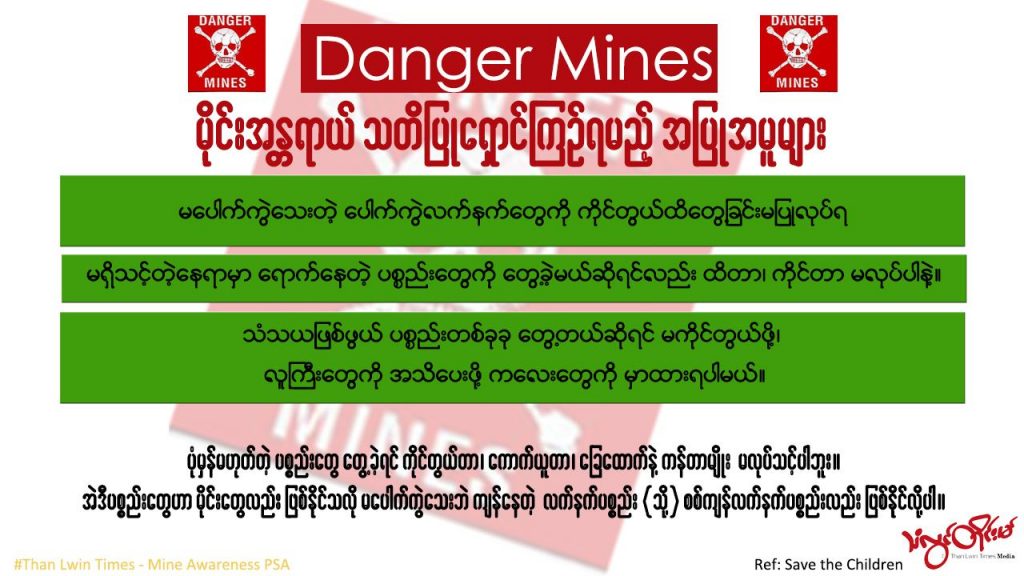Mawlamyine, 25 October
Nearly half of the rubber plantations will be forced to halt rubber tapping this year due to regional insecurity in Mon State, which yields the majority of rubber in the country, rubber growers told Than Lwin Times.
Mon State has more than 500,000 acres of rubber plantations called “White Gold” and every year, more than 100,000 tons of rubber are produced from more than 300,000 acres of rubber plantations.
However, most rubber plantations in Ye, Kyaikto, and Belin townships will be unable to tap latex this year, and in some areas of Kyaikmaraw, Thaton, Paung, and Thanbyuzayet townships, businessmen are considering stopping rubber plantations due to security concerns.
Clashes between the junta army and the revolutionary forces, a shortage of skilled workers, and the curfew imposed by the military council led to the closure of the rubber plantations.
An official of the Mon State Rubber Producers Association said, “There will be areas where rubber latex will not be tapped at all in Kyainseikgyi, Ye, Belin and Kyaikto due to security reasons in the area, so there may be a significant decrease in rubber production.”

In Mon State, the rubber season runs from mid-September to the end of May every year, but this year, most of the rubber plantations could not resume operations until the end of October due to labor shortages and fighting.
Since the third week of October, the fighting between the junta army and resistance forces has resumed in Ye, Kyaikto, and Belin of Mon State, which has forced all the villagers to flee.
A rubber farmer told Than Lwin Times, “Due to the fighting, rubber tapping has come to a halt, and the yield of rubber may drop to almost half.”
At the start of the rubber season, the price of one pound of rubber was between 1,700 and 1,800 kyats, but rubber farmers are now suffering losses since they are unable to collect the rubber latex.
Mon State earns millions of US dollars by exporting raw rubber products to China and Thailand every year.
However, the experts said that Mon State’s rubber sector may suffer heavy losses due to high prices of inputs, general costs, and regional instability during the coup.
News – Than Lwin Times
Photo- CJ


